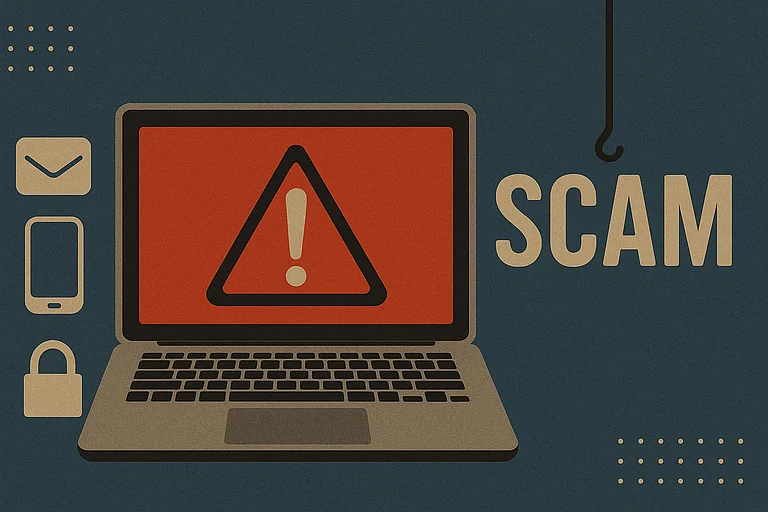
Summary of this article
Review plan after income, expense, or unexpected financial changes.
Reassess finances after major life events or milestones occur.
Adjust goals, risk tolerance, or before big purchases/investments.
A financial plan is essential to managing your money and reaching your goals. While life and finances do not stay the same forever. Sometimes you need to take a step back and reassess your plan to ensure that it still meets your needs and situation. Here are five essential indicators that it's time to rethink your financial strategy and make the required changes.
Income or Expense Changes
If your income suddenly goes up or down, or unexpected expenses pop up, it's time to revisit your financial plan. These changes affect what you can realistically save, invest, or spend. Updating your plan to match your current situation helps you stay on track and avoid surprises, keeping your goals achievable without extra stress.
Major Life Events
Life changes such as marriage, having a child, going through a divorce, or retiring can alter your financial priorities. These events impact your budget, insurance needs, savings, and long-term goals. Reviewing your financial plan after major milestones ensures it aligns with your new circumstances and helps maintain financial security.
It's Been Over a Year Since You Last Review
A financial plan isn't set-and-forget. If it has been over a year since your last review, it might not reflect changes in the market, taxes, or your personal goals. An annual check-up allows you to stay proactive, make necessary adjustments, and ensure your plan continues to support your objectives effectively.
Planning a Big Purchase or Investment
Before making a large purchase, such as a home, car or other investment, go over your finances. This ensures that your resources and obligations can cover the expense without jeopardising long-term objectives. Checking your plan beforehand lets you make confident decisions and maintain financial balance.
Your Goals or Risk Tolerance Have Changed
Over time, your financial goals and risk comfort can shift. You may aim to retire earlier, grow wealth faster or take a safer approach. By modifying your plan to reflect these changes, you can keep your tactics current and ensure that your money is allocated to what is most important to you.










